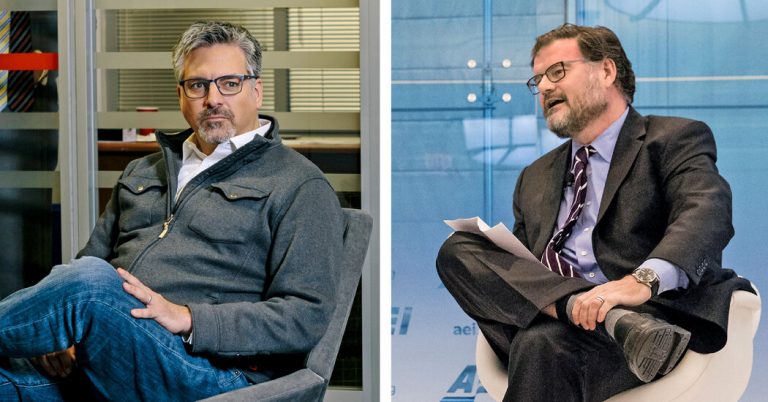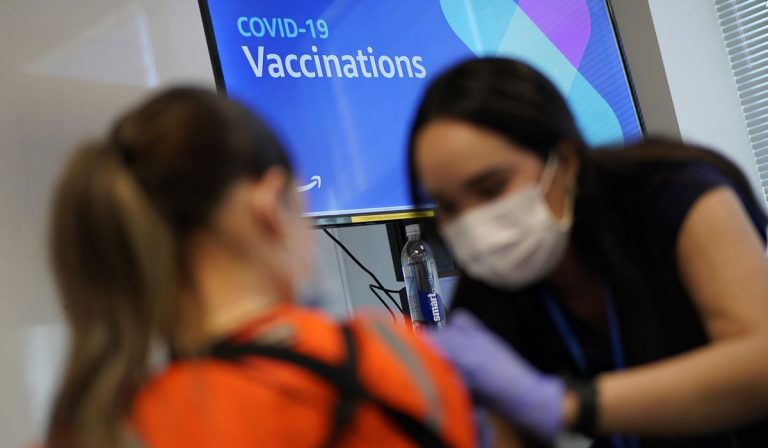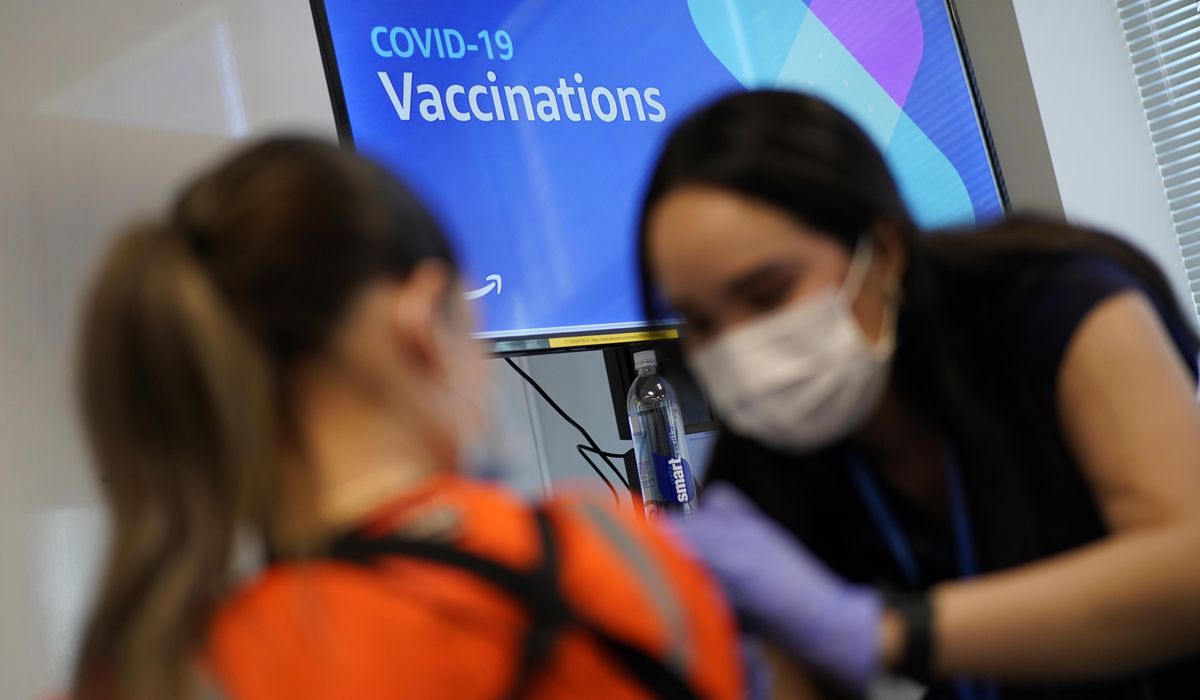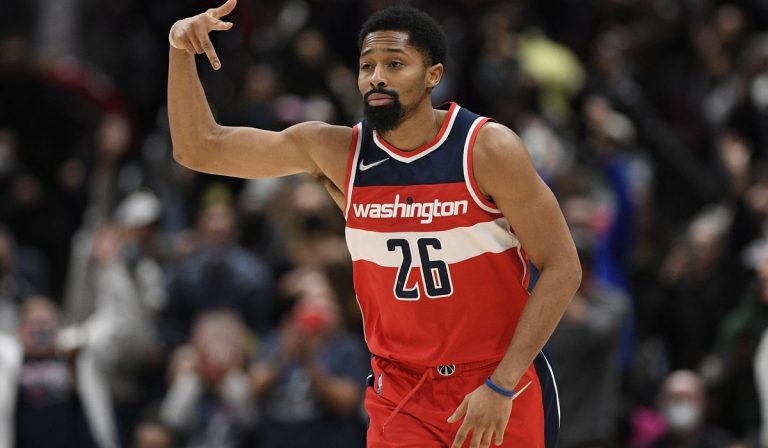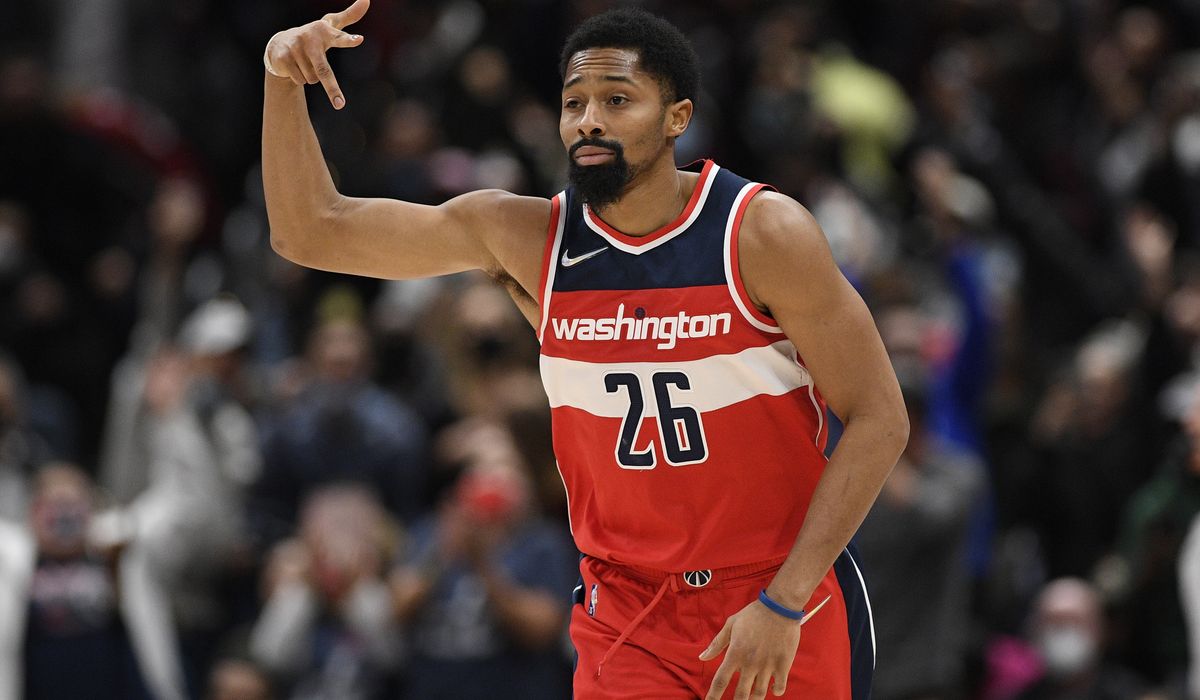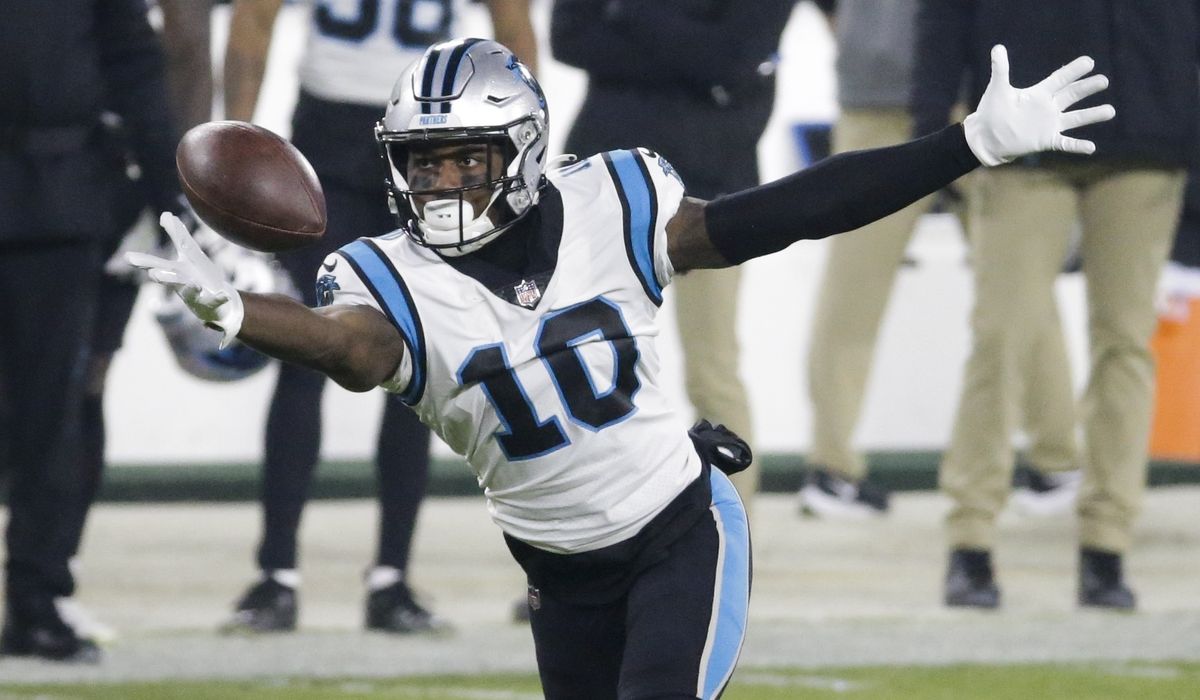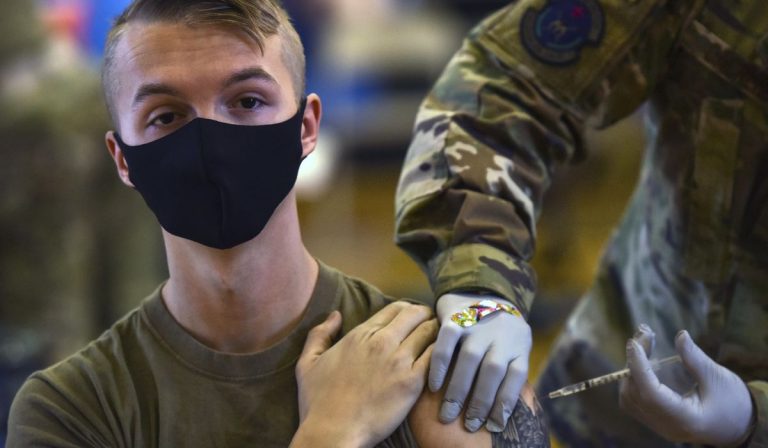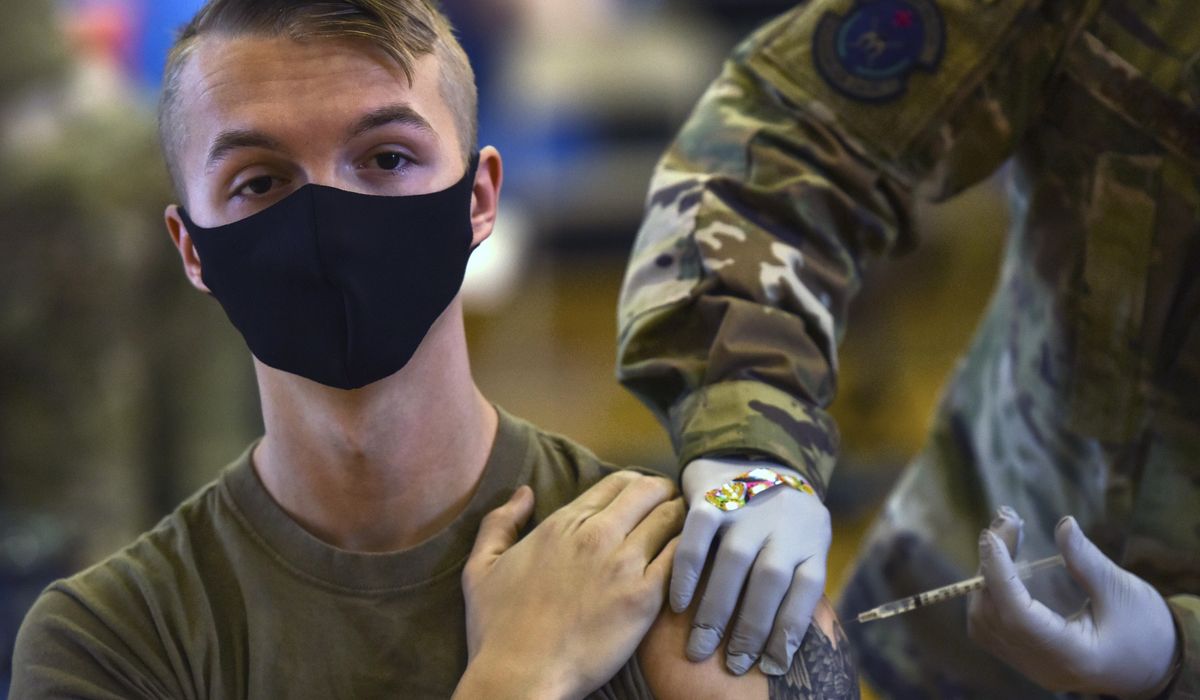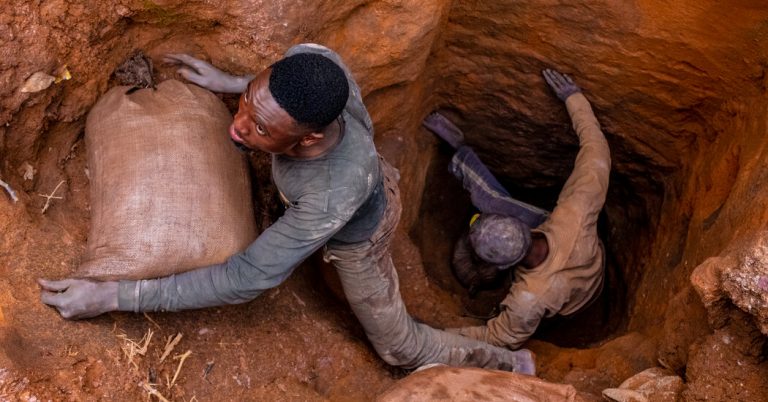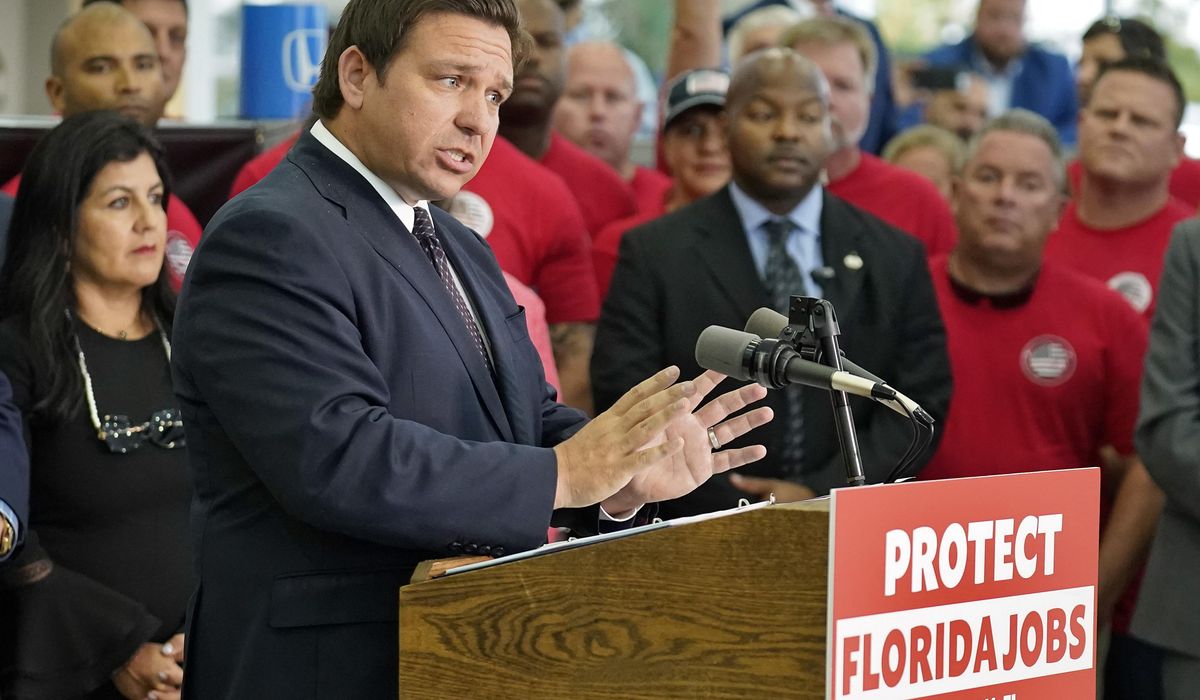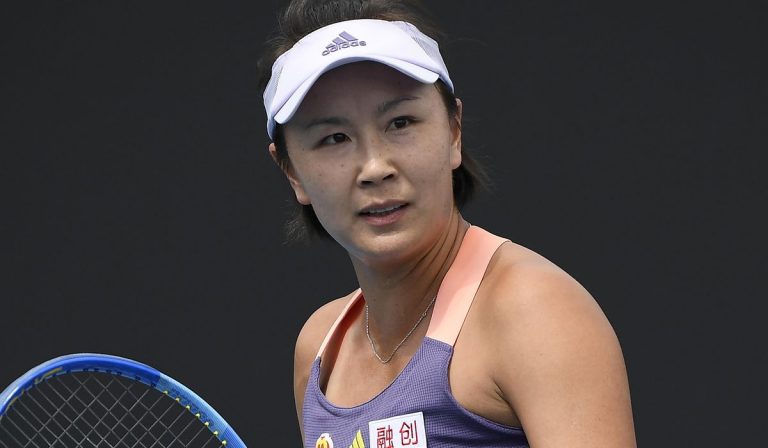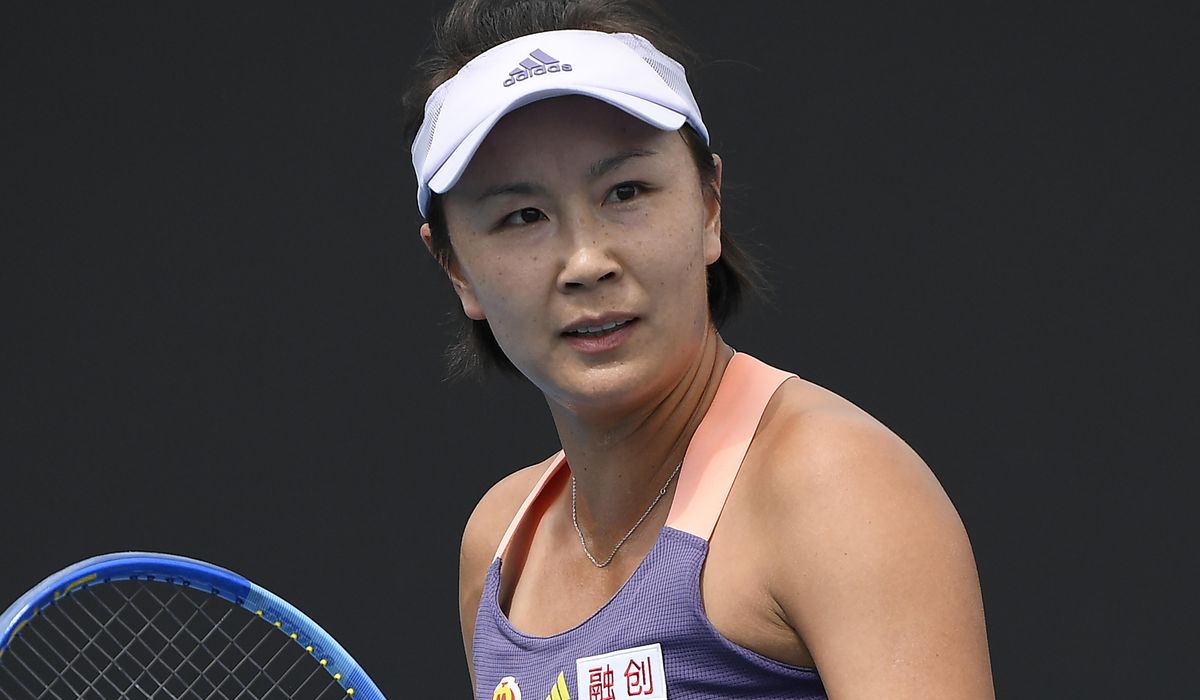The military’s system of implementing a COVID-19 vaccination order for all those in the ranks is facing unprecedented stress as a historic number of soldiers, sailors, airmen and Marines say their faith should allow them to skip getting the shot.
The result so far has been a massive logistical headache for Pentagon leaders and an unenviable task for the chaplains who find themselves in the crosshairs. It’s a dilemma that shows no signs of easing as the services’ vaccine deadlines come and go.
With the Defense Department mounting an aggressive push to get service members vaccinated and force out those who refuse, sources across military branches said the sheer volume of faith-related exemption applications is unlike anything seen before in the U.S. armed forces.
Exact figures for most of the military services won’t be released publicly for another several weeks, but the few numbers available so far paint a behind-the-scenes picture of a system not designed to handle such a huge influx of waiver requests in a relatively short period of time.
Defense Secretary Lloyd Austin and senior service heads say the vaccine mandate is a readiness issue, needed to protect those who serve and prevent COVID outbreaks from sidelining troops or cutting short deployments and naval missions. But as in the civilian world, vaccine skeptics are proving hard to win over, even in the face of a direct order.
“They don’t have the resources to handle this in a serious manner,” said Sean Timmons, a Houston attorney who said his firm, Tully Rinckey PLLC, represents more than 100 military personnel seeking COVID-19 exemptions, most of them on religious grounds.
“It’s a giant mess,” Mr. Timmons told The Washington Times. “Nobody knows what’s going on. It’s been a complete and utter disaster every step of the way.”
Pentagon officials vehemently disagree with that characterization and stress that each service member who seeks a religious waiver from the federally mandated coronavirus vaccine is given a fair hearing and ample opportunity to explain their objection.
But it’s clear that the system of tracking, processing and rendering a decision on those exemption requests has never faced a test like this. The frantic push to get military personnel vaccinated, combined with vaccine skepticism and the political questions about how far the federal government can go to force immunizations, has created a record number of service members seeking a way around the mandate.
The strain on the system seems clear.
In the Air Force, for example, sources told The Washington Times that service members and civilians are working longer hours and some are being pulled from other duties in order to assist with the organization and review of thousands of religious waiver requests. At least 4,933 airmen have filed waiver applications from COVID-19 vaccines on religious grounds — a figure that one official described as “by far” the most in history.
As of Nov. 3, none had been approved. The deadline to approve or deny those requests is Dec. 2, just over a week away.
The Navy hasn’t yet released data on how many sailors are seeking religious exemptions, but officials concede the number is higher than in years past when few requests were filed and even fewer were approved.
Over the past four years, for example, Navy officials said just 24 sailors sought religious exemptions from required immunizations. None of those exemption applications were approved.
The coronavirus-related figure in the Navy is expected to be much higher. The service will release the official number once its Nov. 28 mandatory vaccine deadline passes.
Ahead of its own Dec. 15 vaccination deadline for active-duty soldiers, the Army also is dealing with an influx of requests, though officials wouldn’t discuss specific figures.
“The Army’s religious accommodation process related to medical care is not new. While the scale of religious exemption requests related to the COVID-19 vaccine mandate may become higher in volume than previous requests, the Army will continue to handle all religious accommodation requests pursuant to established Department of Defense and Army policy,” Army spokesperson Heather J. Hagan told The Times.
And refusal has real consequences: Army Secretary Christine Wormuth, in a memorandum signed last week, said active-duty soldiers and those in the Army reserves and National Guard who don’t get the vaccine and don’t get a religious or medical exemption will be “flagged,” meaning they can’t be promoted, can’t re-enlist and can’t even get new payments on their promised enlistment bonuses.
The Marine Corps vaccination deadline is Nov. 28. After that date, the service will release figures on how many Marines sought religious exemptions.
“The Marine Corps’ process for evaluating requests for religious accommodation that require an exception to policy — grooming standards or vaccines — follows a rigorous approach to ensure Marines receive due consideration,” a Marine Corps spokesperson told The Times. “The process begins with an interview at Marine’s unit with the chaplain and an endorsement by the first general officer in the chain of command. The request is forwarded to Manpower and Reserve Affairs where it is evaluated by a three-member Religious Accommodation Review Board as well as by health services and legal.”
Personal questions
While the specific process for handling requests differs across each service, they all rely on a similar format. Service members consult with their commanders and make an official request before moving on to the key step in the process: sit-down conversations with military chaplains. Those chaplains are a key cog in the process, though the sensitive and potentially intimate matters of faith they discuss behind closed doors with service members remain private.
The Arlington-based Military Chaplains Association, whose membership includes current and former armed forces chaplains, did not respond to requests for comment from The Times seeking information on the interview process.
While the specifics vary depending on an individual service member’s faith and specific objection to a vaccine, chaplains have general guidelines to follow.
In the Navy, for example, the service’s 2020 guidance for handling exemption requests includes a “chaplain interview checklist template” to help with the determination of whether a sailor’s religious beliefs “seemed honestly and sincerely held.”
Among the factors chaplains are to consider: If the requestor was credible; whether their “demeanor and pattern of conduct” are consistent; if they attend a house of worship or otherwise participate in “activities” associated with their belief; whether there are other persons who support their claims; and letters or other documentation from an organization espousing their beliefs.
If a chaplain signs off on the request — an outcome that appears to be rare, based on past figures and interviews with officials across military services — it then moves up the chain to uniformed leaders.
Officials stressed, however, that just because a chaplain endorses a faith-based exemption request does not necessarily mean it is approved. Military commanders then must weigh that request against other factors, such as whether granting the waiver could harm good order and discipline in the unit or, in the case of COVID-19, could lead directly to potential health risks for fellow service members.
Mr. Timmons, the Houston attorney, said his clients have described the process as “invasive” and “uncomfortable.” Chaplains, he added, understand the Pentagon is looking to grant as few waivers as possible.
Again, defense officials push back hard against that argument and say that every service member is given a full and fair hearing.
But there’s little doubt that deeply personal questions are at play.
“How often do you go to church? How often do you pray? How long have you been practicing your religion?” Mr. Timmons said, citing the questions he says clients have been asked. “That’s private. That’s something you keep to yourself unless you’re talking to someone you know on an intimate level.”
Health, The New York Today


